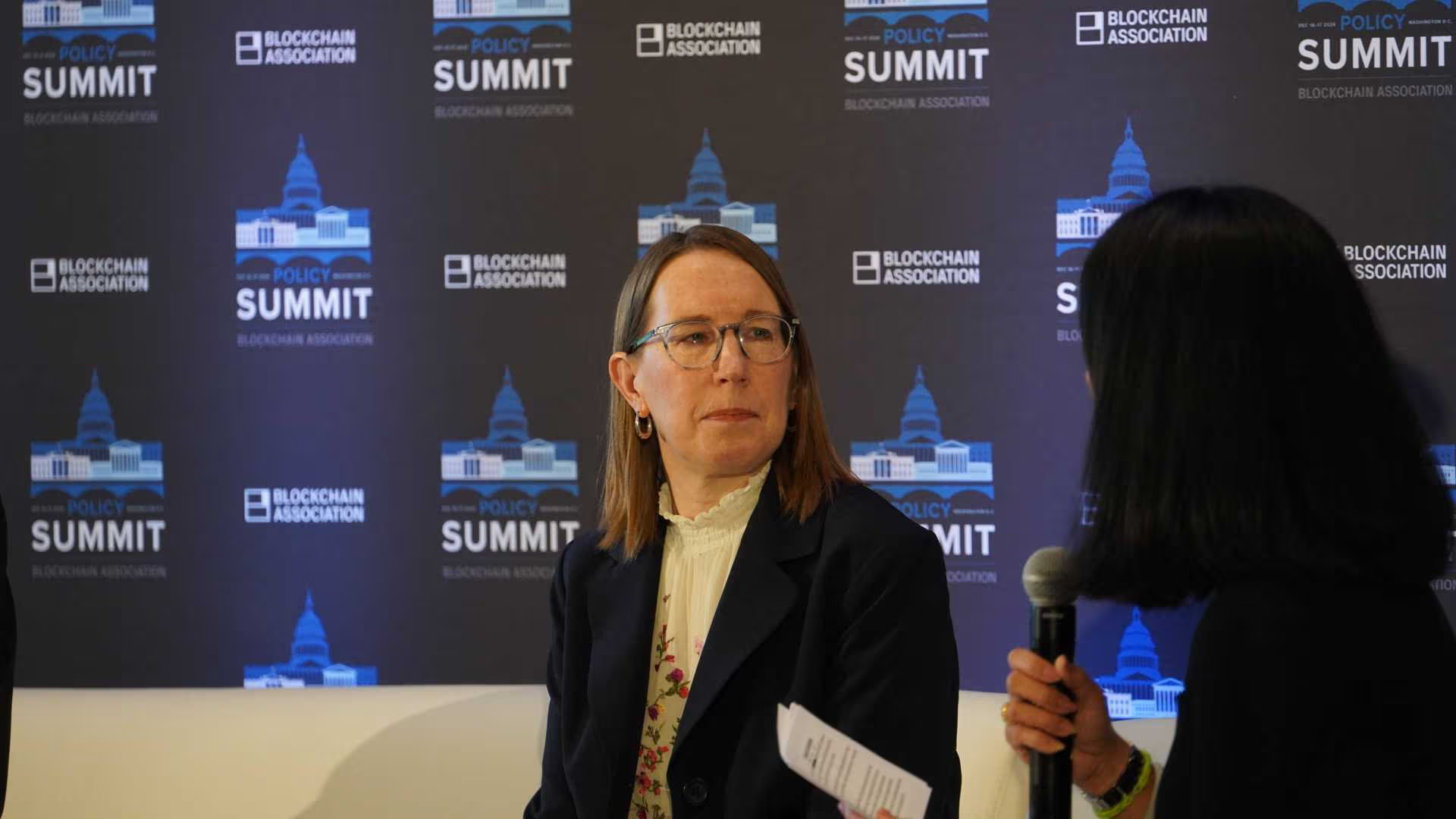The cryptocurrency world is no stranger to controversy, and the latest comments from SEC Commissioner Hester Peirce have once again stirred the pot. In a recent interview, Peirce suggested that many memecoins likely fall outside the SEC’s jurisdiction, signaling a potential shift in how the U.S. regulates these digital assets. This statement has sparked a heated debate: Is this a step toward regulatory clarity, or is it an open invitation for chaos in the crypto market?
The Memecoin Phenomenon
Memecoins, as the name suggests, are cryptocurrencies that often start as internet jokes or memes. Unlike Bitcoin or Ethereum, which have underlying technology and use cases, memecoins like Dogecoin or Shiba Inu typically lack intrinsic value. They thrive on community enthusiasm, viral trends, and, let’s be honest, a fair amount of speculation. For years, the crypto industry has argued that these tokens are more akin to collectibles like Beanie Babies or baseball cards than traditional securities. Peirce’s comments seem to align with this view, suggesting that the SEC may not have the authority—or the desire—to regulate them.

A Shift in Regulatory Philosophy
Peirce’s hands-off approach marks a significant departure from the SEC’s stance under former Chairman Gary Gensler. Gensler was known for his aggressive posture toward crypto, frequently asserting that most tokens, aside from Bitcoin, should be classified as securities and thus fall under the SEC’s purview. His “regulation by enforcement” strategy left many in the crypto industry feeling targeted and uncertain about the rules of the game.
In contrast, Peirce’s leadership of the newly-formed Crypto Task Force promises a more collaborative and transparent approach. Her roadmap includes clarifying the distinction between securities and commodities in the crypto space and creating a more viable path for registration. This is a welcome change for an industry that has long craved regulatory clarity.
The Risks of a Hands-Off Approach
While Peirce’s stance may be a breath of fresh air for crypto enthusiasts, it’s not without risks. Memecoins, by their very nature, are highly speculative and often lack any real utility or long-term value proposition. Allowing them to operate in a regulatory gray area could expose investors to significant risks. As Peirce herself noted, “If people want to buy a token or product that lacks a clear long-term value proposition, they should feel free but should not be surprised some day if the price drops.”
This laissez-faire attitude raises important questions about investor protection. Should the government step in to prevent people from making risky investments, or is it enough to simply warn them of the potential pitfalls? Peirce seems to favor the latter, emphasizing individual responsibility and the “wonderful American liberty” to make one’s own decisions. But in a market as volatile and unpredictable as crypto, is this approach too lenient?
The Role of Congress and Other Regulators
Peirce also hinted that Congress or the Commodity Futures Trading Commission (CFTC) might need to step in if memecoins are to be regulated. This raises another layer of complexity. The crypto industry has long struggled with fragmented oversight, with different agencies claiming jurisdiction over different aspects of the market. If memecoins are indeed outside the SEC’s purview, it’s unclear which agency, if any, should take the lead in regulating them.
The Balancing Act
Peirce’s comments reflect a broader tension in the crypto world: the need to balance innovation and freedom with investor protection and market stability. While her hands-off approach may encourage creativity and growth in the industry, it also leaves the door open for abuse and manipulation. As the Crypto Task Force moves forward, it will be crucial to strike the right balance—providing clarity and guidance without stifling the entrepreneurial spirit that has driven the crypto revolution.
In the end, the question remains: Should memecoins be left to the free market, or do they require some level of oversight to protect investors? The answer may lie somewhere in between, but one thing is clear: The debate over memecoins and regulation is far from over.
No responses yet